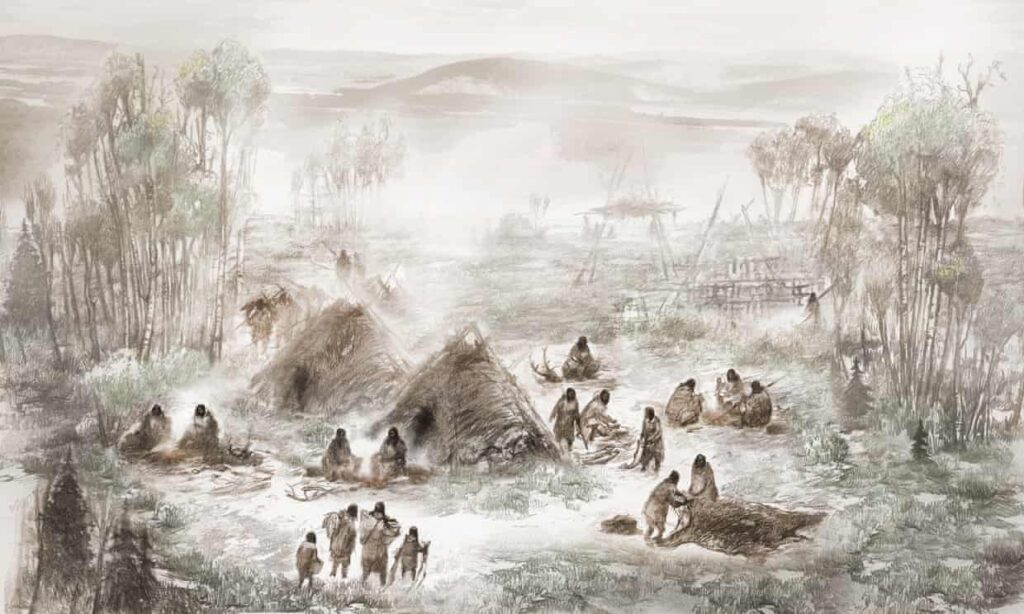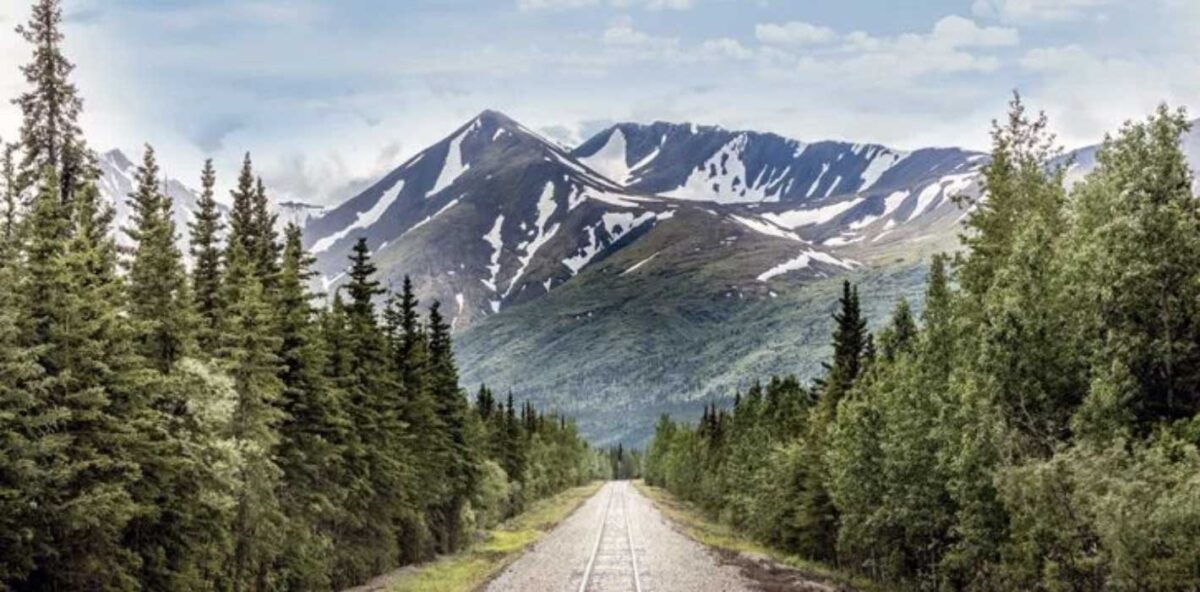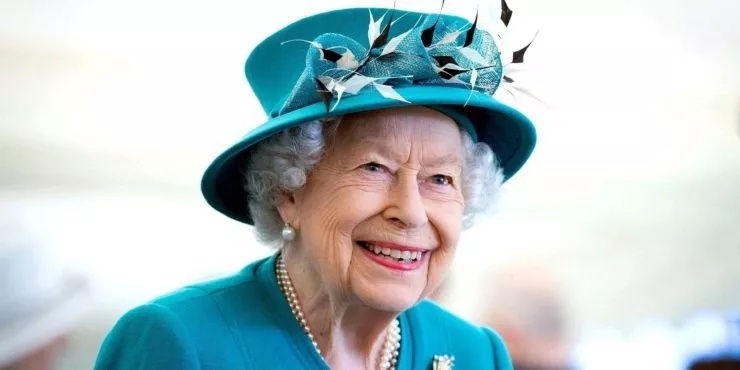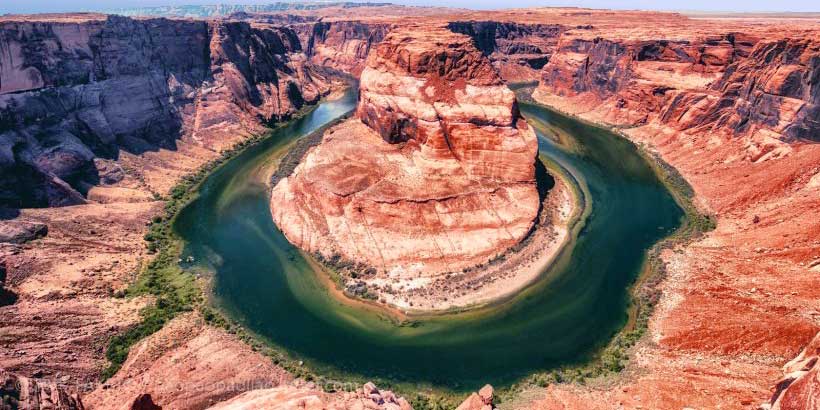Alaska was the 49th state to join the United States of America on January 3, 1959.
The state is unofficially nicknamed “The Last Frontier”, “The Land of the Midnight Sun”, and the “Seward’s Icebox”.
It has a population of 710,000 people, making it the 48th most populous state.
Alaska doesn’t share a border with any US states, instead bordering with the Canadian states of Yukon and British Columbia.
With a total of 663,268 sq mi (1,717,856 km²) of land and water it is the largest state in the entirety of the USA.
Enough cold hard facts for now though – we’re here to learn more about this monolithic state, and the secrets it hides all the way up north!
People have lived in Alaska for over 15,000 years.

Over 15,000 years ago the first humans began to cross the Bering Strait, from what is now most easterly point of Russia into the most westerly point of Alaska.
Have a minute spare for 5 random facts?
When humans made this great migration, the Bering Strait was actually a land bridge, due to lower global sea levels.
Many of these humans continued on their journey south, eventually settling both North and South America.
Some, though, settled in Alaska, long before Europeans arrived.
Alaska means “Great Land” in Aleut.
The Aleut people are the indigenous peoples of the Aleutian Islands, and it was their name for Alaska which became what we use today.
More than 24% of Alaska’s population is Native Alaskans.
There are six main groupings of Alaskan Natives – the Inupiat, Yuit, Athabascans, Tlingit, Haida, and the Aleut, all with their own languages and dialects.
Although they were part of the same patterns of migration across the Bering Strait, they are not closely related to migrants who continued on south to settle in South America, as they came in later waves.
Alaska was once a part of the Russian Empire.
According to some researchers, the colonization of Alaska by the Russian Empire began in the 17th Century.
Supposedly several boats of the Russian Explorer Semyon Dezhnyov came ashore in Alaska and founded a settlement there.
Whether that’s true or not, Russia did indeed come to colonize Alaska at later dates, with the first permanent settlement being founded in 1784.
While the Russian Empires colonization of Alaska wasn’t that successful for the Empire, the US had their own ideas.
The US purchased Alaska off the Russian Empire for $7.2 million dollars on October 18, 1867.
40% of all Alaskans live in one place.
There is a stretch of highways and railways called the Railbelt, which runs from the southern shores of Alaska all the way into the depths of the center of the state.
More than two thirds of the population of Alaska has settled in communities, towns and cities on this stretch of land.
On the southern end of the Railbelt lies the city of Anchorage – Alaska’s largest city.
With an area of 1,944 square miles (5,035 km²), this city accommodates about 291,000 people – a massive 40% of the population of Alaska!
Alaskan residents are paid to live there.
Alaska has so many natural resources that in 1976 the Alaska Permanent Fund was established, which manages the surpluses of state petroleum revenues from the oil industry.
This state fund is set up to grow through investing in other areas, and each year a dividend is paid to eligible Alaskan residents.
To be eligible you have to have lived in the state for more than 12 months maintaining constant residency or have certain criminal convictions.
The dividend changes yearly, but in 2019 it was $1,606.
Russia is so close to Alaska you can swim to it.
The section of the Bering Strait which separates Russia and Alaska is a lot narrower than you’d think.
At the narrowest point, it’s just 51 miles (82 km) wide. Within the Bering Strait, though, lie two islands owned by Russia and Alaska.
The Russian island is called Big Diomede, and the Alaskan is called Little Diomede.
These islands are only 2.5 miles away from each other – so close that you could see someone on the other side!
In fact, in 1987 a long distance swimmer by the name of Lynne Cox swam across the channel and onto the shores of the USSR!
Dog sledding is the official sport of Alaska.
One of the most famous methods of transportation used in Alaska across the ages is the use of the dog sled.
Dog sledding, or mushing, is the method of pulling a sled across snow with a team of one or more dogs, while the musher stands at the back of the sled.
Nowadays, however, this is more done as a sport than transportation, through sled dog racing.
Every year sled dog racers from across the world travel to Anchorage to compete in the Iditarod Sled Dog Race, which covers a distance of 1,150 miles (1,850 km)!
Alaska has some of the US’ highest mountains.
Alaska is home to some pretty incredible sights, and the mountains there definitely don’t disappoint!
In fact, the 5 tallest mountains the whole of the US lie in this great northern land.
Denali Mountain (formerly Mount McKinley) has the highest peak, at a jaw-dropping 20,310 feet (6,194 m) high!
Denali actually means “the tall one” in the local indigenous language Koyukon.
There are more than 130 active volcanoes in Alaska.
In the south of Alaska lies an archipelago called the Aleutian Islands.
This region lies on one of the most active Earthquake belts in the world, which stretches across a major region of the Pacific Ocean.
Because of this, the Aleutian Islands are not just home to frequent seismic activity, but to many active volcanoes.
The largest of the Aleutian Islands, Unimak Island, is home to a particularly spectacular volcano – Mount Shishaldin.
This volcano has the most perfectly circular volcanic cone on earth, more so than Japan’s Mount Fuji.
Alaska is home to the largest national forest in the US.
Tucked away in the South-east coast of Alaska lies the Tongass National Forest.
This forest is the largest in the USA, and it’s no small wonder.
It’s a mind-blowing 16.7 million acres (68,000 km²) large – that’s almost half the size of Florida!
The Tongass National Forest is a temperate rain forest, and is home to many endangered plants and wildlife.
Fruits and vegetables grow larger in Alaska than elsewhere.
Thanks to its northern position on the globe, Alaska has much more sunshine per day, with over 20 hours.
This in turn is greatly beneficial to plants, allowing them to grow larger and sweeter.
This is because more hours of sunshine allows them to generate more energy than normal due to the process of photosynthesis.
Seeds must be carefully selected to grow in these conditions, but if chosen carefully vegetables have been known to reach massive sizes.
You can even get a glimpse of these monolithic vegetables at the Alaska State Fair every August.
The fourth busiest air-freight airport in the world is in Anchorage, Alaska.
Anchorage is almost an equal distance between Tokyo, Frankfurt and New York City.
This means that 90% of the world’s industry is accessible from Anchorage by a 9.5 hour flight.
Thanks to this, the Ted Stevens Anchorage International Airport is a major free-living and loading site for air-freight.
As such, a major FedEx depot and critical piece of their global network calls Anchorage its home.
2,250 people on average are reported missing every year in Alaska.
Some of you may know the story of Christopher McCandless, who disappeared into the Alaskan wilderness in the true tale of Into the Wild.
What you may not know is that disappearances are more than common in the great northern wilderness of Alaska, although not all in the same way as McCandless.
Authorities began keeping records of missing persons in 1988, and as of 2018 there had been 60,700 reported cases so far.
There are actually twice as many missing persons reports in Alaska than average across the US.
Alaska has its very own “Bermuda Triangle”.
There is a large swathe of Alaska, from Anchorage to Barrow, to Junea, to Anchorage, which seems to have more than its fair share of disappearances and strange events.
Alaska already has such a high rate of missing persons cases, but a more than normal portion of them seem to occur within Alaska’s “Bermuda Triangle”.
A town in Alaska once had a cat for a mayor.
Well, maybe not the official mayor, but Stubbs the cat was the honorary mayor of the town of Talkeetna for a solid 20 years.
Stubbs the ginger cat was born on April 12th 1997, and served as mayor from 1998 until his death on the July 21st 2017.
Stubbs’ owners found him and a few other kittens in a box, and he was later elected by a write-in campaign by the town’s residents, a town so small it had no mayor to call their own.
Everyone knows Alaska to be a great untamed wilderness, and there’s a whole lot of truth to that.
It’s thanks to its raw and untouched beauty, its sweeping forests and soaring peaks that it enjoys such high rates of tourism after all.
Hopefully this remains the case for many more years to come, but maybe it’s best to take a quick trip over to this great state while it’s still so pristine and glorious!










